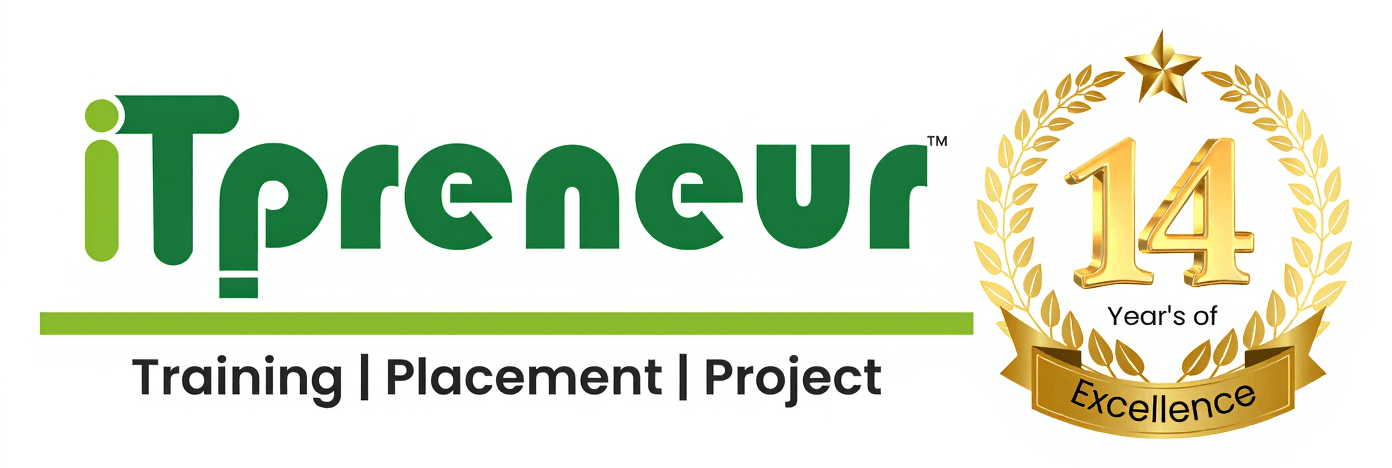Technical coding interviews can be challenging, but with the right preparation, you can confidently tackle any problem thrown your way. Whether you’re a fresher or an experienced developer, understanding how to approach coding challenges, optimize solutions, and communicate effectively is key to success.
This guide breaks down essential strategies to help you crack your next technical interview with confidence.
1. Understand the Interview Process
Most technical interviews follow a structured process. Knowing what to expect can help you prepare efficiently:
a. Resume Screening
Your resume is the first step to landing an interview. Highlight your technical skills, projects, internships, and coding experience in a clear and concise format.
b. Online Coding Test
Many companies conduct a coding assessment on platforms like LeetCode, HackerRank, CodeSignal, or CodeChef. These tests evaluate problem-solving skills, time complexity, and logical thinking.
c. Technical Interview Rounds
Typically, there are one or two rounds where you’ll solve coding challenges, algorithms, data structures, and real-world problems. You’ll need to explain your thought process while coding.
d. System Design Interview (For Experienced Roles)
Senior-level roles include system design discussions, where you’ll be asked to architect scalable applications, choose databases, and optimize performance.
e. Behavioral & HR Interview
Soft skills matter too. Be ready to discuss teamwork, conflict resolution, leadership, and motivation for joining the company.
2. Master Data Structures & Algorithms
A strong grasp of Data Structures and Algorithms (DSA) is essential for technical interviews. Here are the key topics to focus on:
- Arrays & Strings – Sorting, searching, two-pointer technique.
- Linked Lists – Reverse, merge, detect cycles.
- Stacks & Queues – LRU cache, balanced parentheses.
- Recursion & Backtracking – Combinations, permutations, Sudoku solver.
- Trees & Graphs – BFS, DFS, shortest path algorithms.
- Dynamic Programming – Knapsack, Fibonacci sequence, memoization.
- Bit Manipulation & Mathematics – Prime numbers, XOR tricks.
Solving 50-100 problems on platforms like GeeksforGeeks, LeetCode, or Codeforces can make a huge difference.
3. Develop a Structured Problem-Solving Approach
A well-organized approach is crucial for technical interviews. Follow these steps:
- Understand the problem statement. Read it carefully and clarify doubts.
- Identify constraints and edge cases. Think about large inputs, empty cases, and special conditions.
- Discuss multiple solutions before coding. Compare brute force vs. optimized approaches.
- Write clean and efficient code. Focus on readability and modularity.
- Explain your logic clearly. Keep the interviewer engaged in your thought process.
- Optimize after implementation. Look for improvements in time and space complexity.
4. Practice Mock Interviews
Mock interviews help simulate real interview scenarios. Here’s how to prepare:
- Use a timer – Solve problems within 30–45 minutes.
- Take mock interviews online – Platforms like Pramp, Interviewing.io, and CodeSignal offer free practice.
- Find a coding buddy – Reviewing each other’s solutions can enhance learning.
5. Write Clean & Optimized Code
Companies look for efficiency, readability, and scalability in your code. Follow these best practices:
- Use meaningful variable names – Avoid single-letter names unless necessary.
- Follow modular programming – Break down code into functions.
- Avoid unnecessary loops and conditions – Optimize wherever possible.
- Comment only when necessary – Keep your code self-explanatory.
6. Strengthen System Design Skills
For mid-to-senior level positions, system design interviews are crucial. Key topics include:
- Database Design – SQL vs NoSQL, indexing, normalization.
- Load Balancing & Caching – Redis, Memcached, CDN strategies.
- Microservices & API Design – RESTful APIs, GraphQL.
- Scalability & Distributed Systems – CAP theorem, messaging queues.
Resources like Grokking the System Design Interview and Designing Data-Intensive Applications are excellent starting points.
7. Prepare for Behavioral Questions
Many candidates overlook behavioral interviews, but they play a crucial role in hiring decisions.
Common questions include:
- Tell me about a challenging project you worked on.
- How do you handle conflicts in a team?
- What motivates you as a developer?
- What are your strengths and weaknesses?
Use the STAR method (Situation, Task, Action, Result) to structure your answers effectively.
8. Research the Company & Role
Understanding the company and role you’re applying for makes a great impression.
- Visit the company’s website – Learn about its mission, products, and values.
- Check Glassdoor reviews – Get insights into past interview experiences.
- Follow the company on LinkedIn – Engage with their posts and stay updated.
- Network with employees – Reach out for insights on the interview process.
9. Time Management & Confidence
Juggling multiple topics can be overwhelming. Here’s how to stay on track:
- Follow a structured study plan – Allocate time for DSA, system design, and mock interviews.
- Break down preparation into weeks – Spend 2-3 weeks on coding, 1 week on system design, and 1 week on mock interviews.
- Take breaks to avoid burnout – Use the Pomodoro technique (25 minutes study, 5-minute break).
- Stay confident – Interviews are about how you think and communicate, not just code.
Final Thoughts
Cracking a technical coding interview is all about structured preparation, problem-solving, and confidence.
✅ Master Data Structures & Algorithms
✅ Practice mock interviews
✅ Write clean, efficient, and scalable code
✅ Improve system design knowledge
✅ Prepare for behavioral interviews
Every interview is a learning experience. Even if you don’t clear one, analyze your mistakes, keep improving, and try again!improving!

